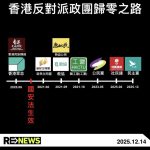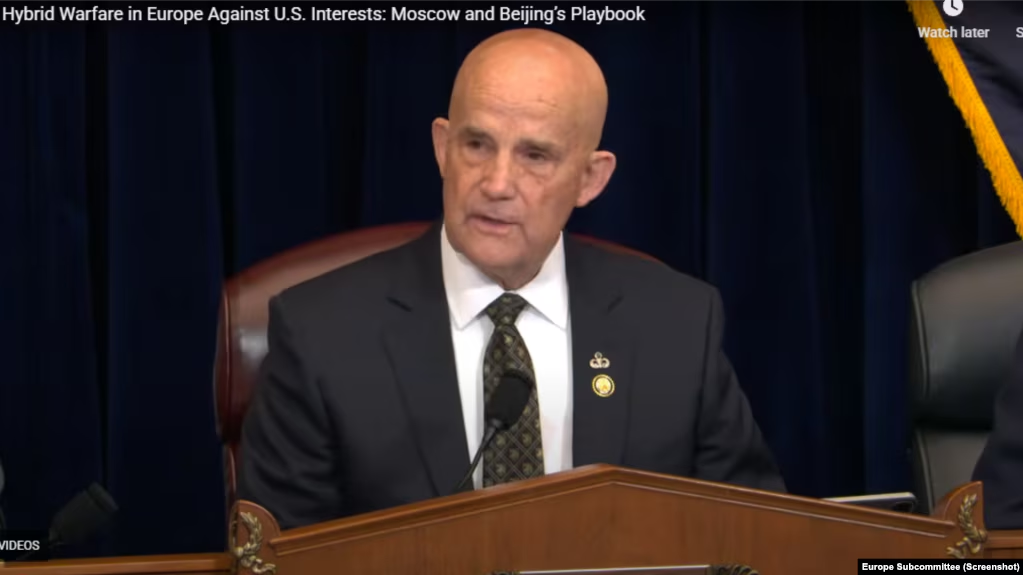SHANGHAI — China is notorious for censoring politically delicate news coverage. But it is more than willing to let flattering news about Western and Asian businesses appear in print and broadcast media — if the price is right.
Want a profile of your chief executive to appear in the Chinese version of Esquire? That will be about $20,000 a page, according to the advertising department of the magazine, which has a licensing agreement with the Hearst Corporation in the United States.
Need to get your top executive on a news program by state-run China Central Television? Pay $4,000 a minute, says a network consultant who arranges such appearances.
A flattering article about your company in Workers’ Daily, the Communist Party’s propaganda newspaper? About $1 per Chinese character, the paper’s advertising agent said.
Though Chinese laws and regulations ban paid promotional material that is not labeled as such, the practice is so widespread that many publications and broadcasters even have rate cards listing news-for-sale prices.
And while Western companies and many Chinese journalists are loath to discuss the subject, public relations and advertising firms are sometimes surprisingly candid about their roles as brokers in buying flattering coverage, referred to here as “soft news” or “paid news.”
Ogilvy & Mather, one of the world’s biggest public relations and advertising agencies, acknowledged that it pays Chinese media outlets for client coverage in some categories.
“Our policy is to advise our clients to not participate in such activities,” the agency’s Beijing office wrote in an e-mail, in response to a reporter’s questions. “However, in some industries, such as luxury, the practice of soft news placements is very common so this is something that we have also done before.”
A Chinese account manager for another American public relations firm was strikingly frank about paying for coverage, although she spoke only on condition of anonymity to avoid riling her industry colleagues and her employer.
“If you want more media coverage, that’s easy to do — we have plenty of channels to get your company shown on television, and in top magazines and newspapers,” she said in a telephone interview.
Media specialists, and Chinese journalists intent on playing by ethical rules, deplore the paid placements they say are all too common in the nation’s media.











